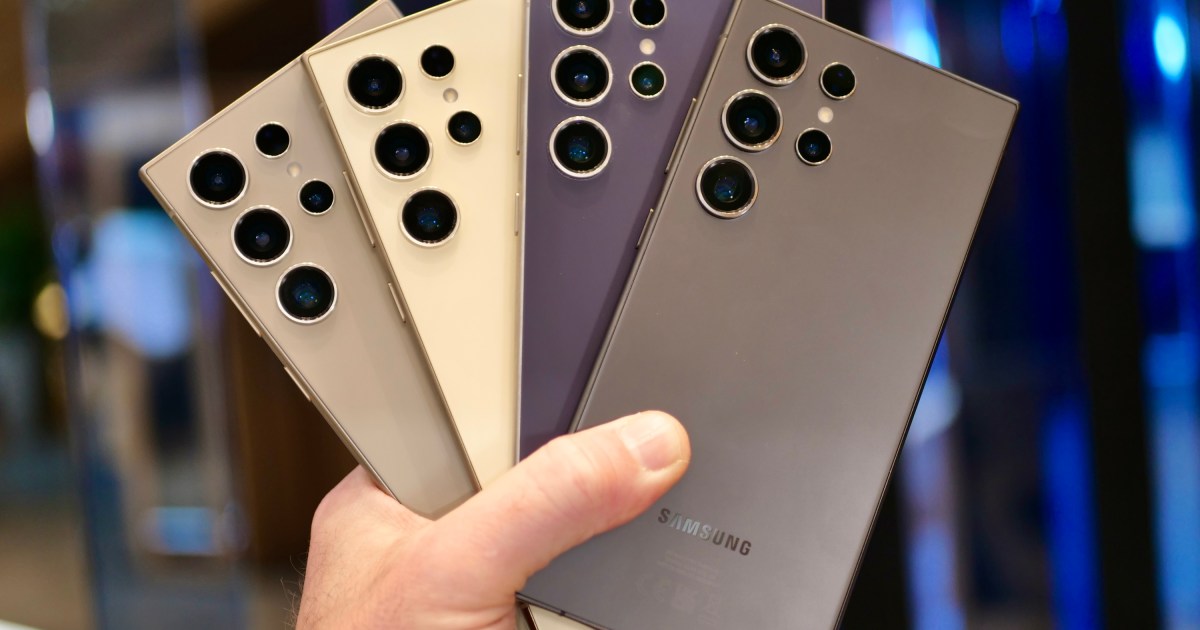Over the past few weeks, we’ve come across some interesting details about the next major build of Android. Currently in development under the apparent codename of Baklava, Android 16 will reportedly bring a cool new feature called Priority modes for notifications.
If that sounds familiar, that’s because Apple already offers a bunch of focus modes toward the same goal and bolsters the system with AI-assisted priority notifications in iOS 18. It seems Google doesn’t want to be left behind, and in doing so, could very well lift from a popular iPhone trick.
Android Authority reports that Android 16 could introduce something similar to Dynamic Island notifications. On iPhones with the pill-shaped Face ID cutout at the top, apps can actually use the space around it to show dynamic alerts.
This low-effort, non-intrusive system of showing app alerts saves users the hassle of switching between apps to keep an eye on activities. Now, some Android phone brands, such as Honor, have taken inspiration from Apple’s approach already, but the results have been lopsided in terms of wider app support.
Android 16 could make it universal thanks to a new system called Rich Ongoing Notifications. The software code for this feature was first spotted in the latest QPR build of Android 15.
The idea here is that instead of appearing as icons, apps will be able to take up more space in the status bar at the top and show more details. “The API will let apps create chips with their own text and background color that live in the status bar,” says the report.

Whether or not these small app chips will be responsive isn’t clear, but if Dynamic Island notifications are anything to go by, it would be functionally sensible to do so with Rich Ongoing Notifications. Once implemented, tapping on them should likely open a dialog box with more information or even take users to the full-screen view.
Google has already created a similar status bar alert system when users are recording the screen, either partially or fully, in Android 15. These could be used for serving a wide range of information, such as music playback, cab alerts, navigation tips, upcoming reminders, and more.
Ultimately, it would depend on developers whether they would like to implement the Rich Ongoing Notifications API in their apps. But there’s a crucial difference here. Unlike Dynamic Island notifications, Google’s approach isn’t built to use the space around the front camera cutout.
Instead, Google’s format in Android 16 seems to be using the space available in the status bar at the top of the screen. But do keep in mind that this is a very early look at the system, and we’re still a whole year away from seeing Android 16, so a lot of design and functional aspects might change down the road.







